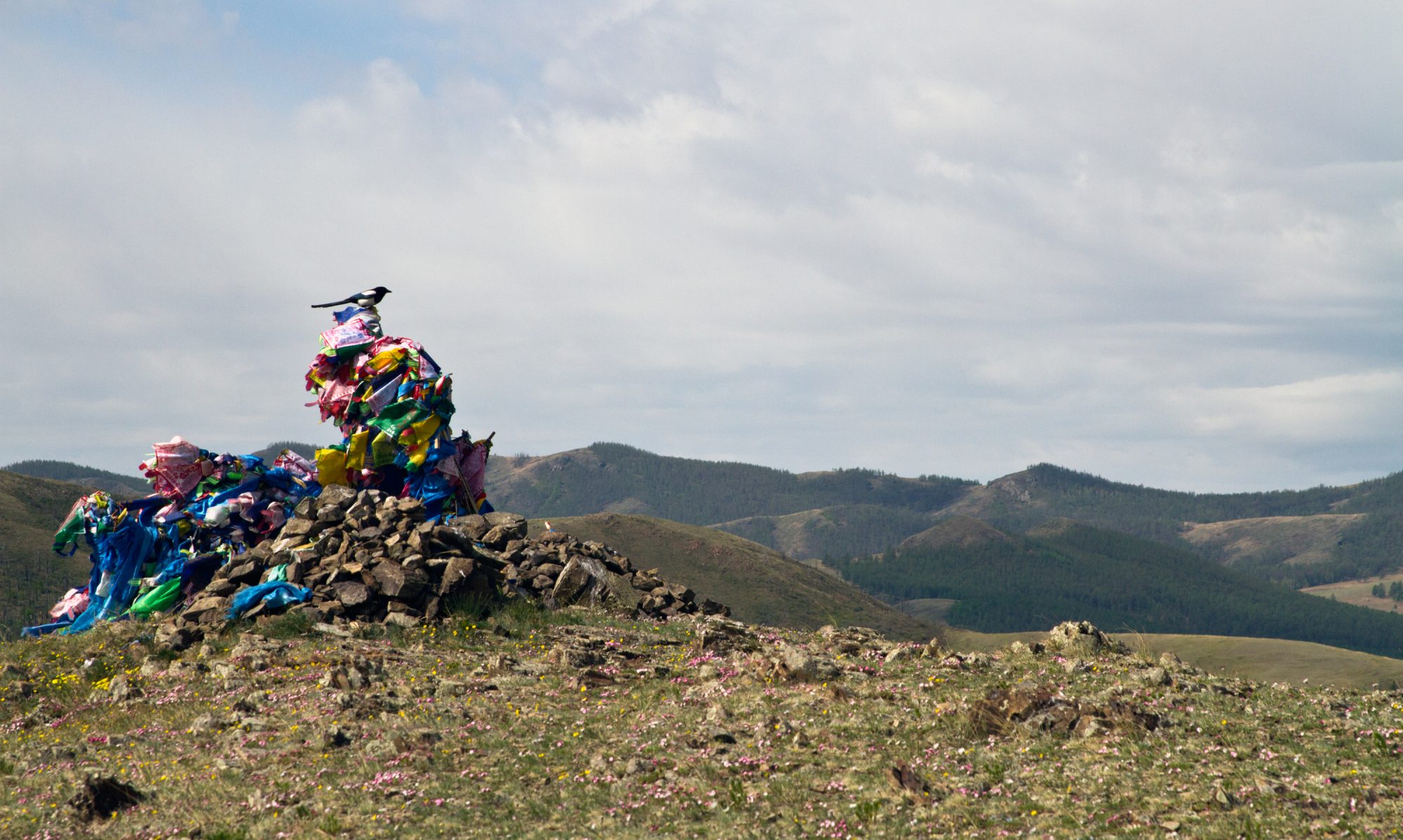A: You’re on your way now. It’s finally begun! That process that you have been waiting on for so long is finally gearing up. You must be in a strange state. How does it feel?
B: It’s strange to be in between. I’m not here any longer, I’m not there yet. I can’t really relax. It is a strange state, it’s like not being any state at all. It is exactly like not being in any state at all.
A: Don’t you feel a little bit here, and a little bit there, both at the same time? That is what change is all about, after all. Isn’t it being in two different states at once, so you have aspects of both and aspects of neither; isn’t it a new and exciting mixture?
B: Right, like when I ride the bus in the morning, I am at one and the same time already at work and still at home. Or actually, not at all. A transition is another kind of beast entirely from its start and its end. It has nothing to do with either stationary state, exactly because it’s not what they are, stationary. Like being on a bus, the process of transition is bumpy and irregular, and requires a heightened degree of attention and awareness. Now imagine it is a new bus route, and you only have a few loosely-described landmarks to watch for. Does that sound comfortable?
A: Huh. Because the impression I had from you before was more like this: you are loosening your grip on your present life, in order to shift and reach out for someting new. You talked about living in a tunnel, a cold, dark, wet tunnel, for so long, crawling and crawling and never seeming to get anywhere, and then you get a whiff of fresh air, warm, dry air. It sounded like a pleasant prospect. I could see you becoming expansive as you talked. Now you don’t seem pleasant, or I mean pleased.
B: Fear and restlessness look like energy, because they are energy. Regardless, they aren’t pleasant.
C (to A): Do you think he has really changed at all or is in any process of change? It looks to me as though he is where he was, just as before, only he is unsure about his prospects, which is why he talks about change so much, and dresses it up in such varied costumes, to frighten himself or flatter himself and see which one he thinks it looks best in, or he looks best in.
